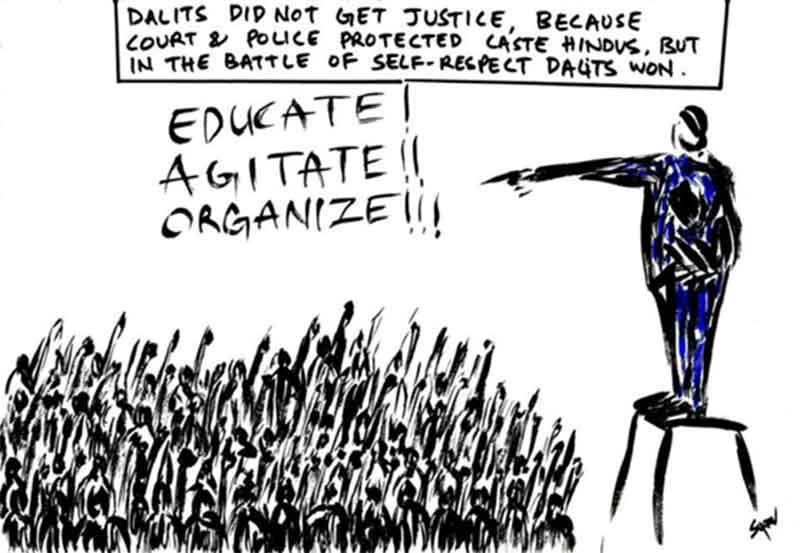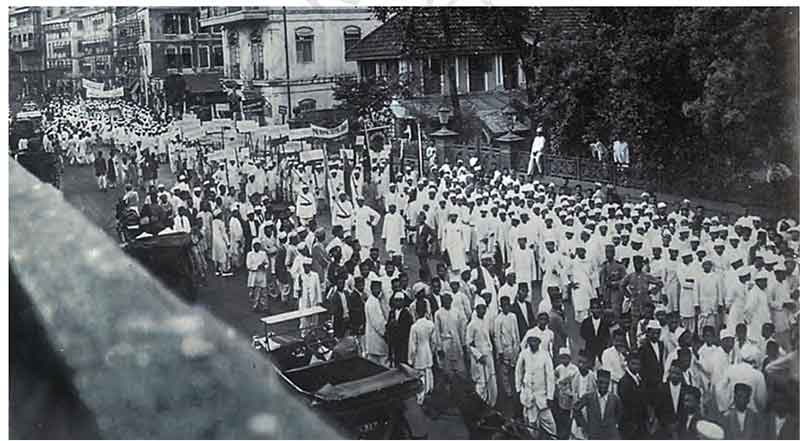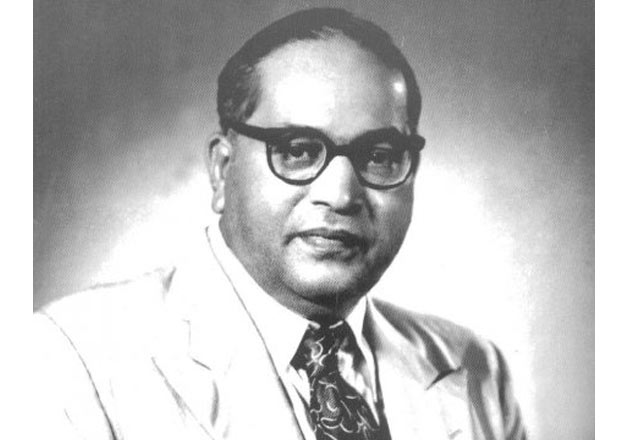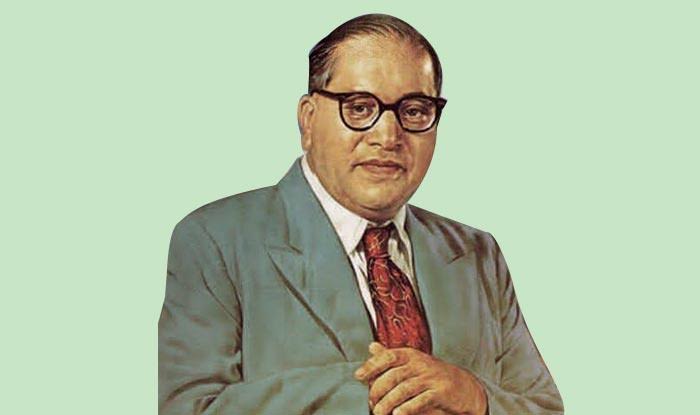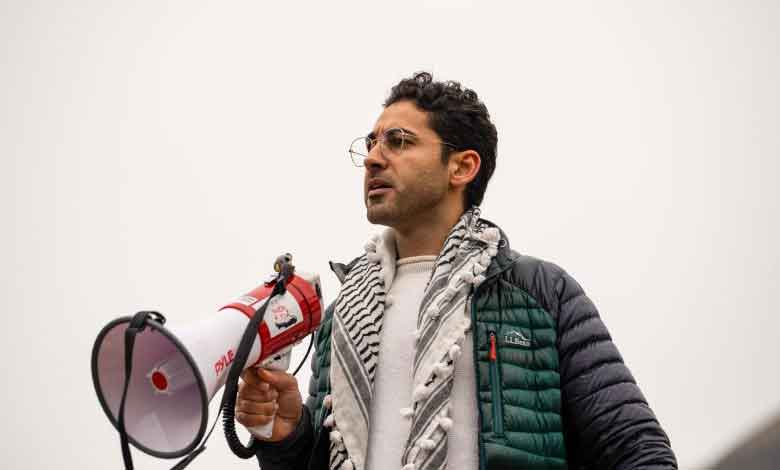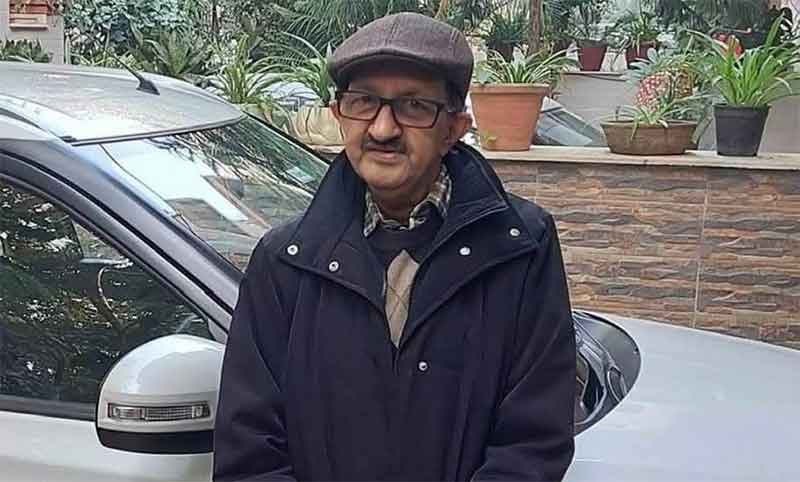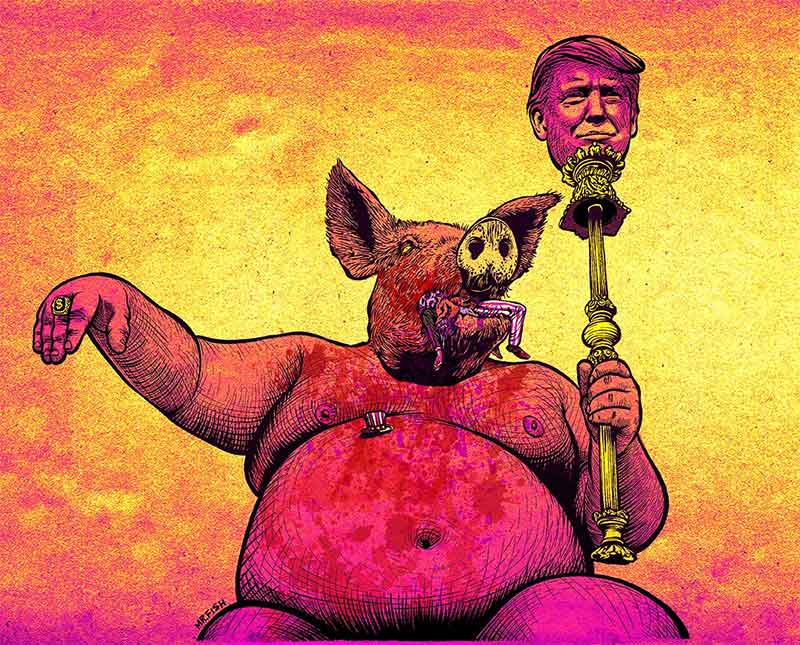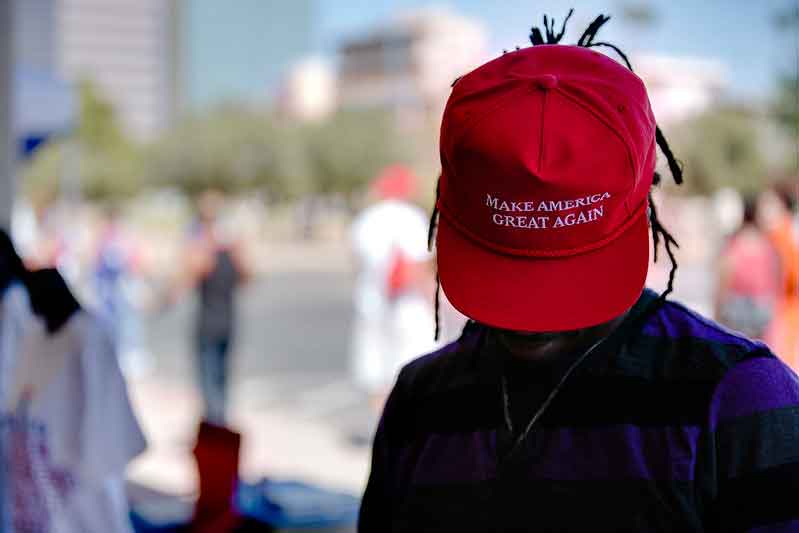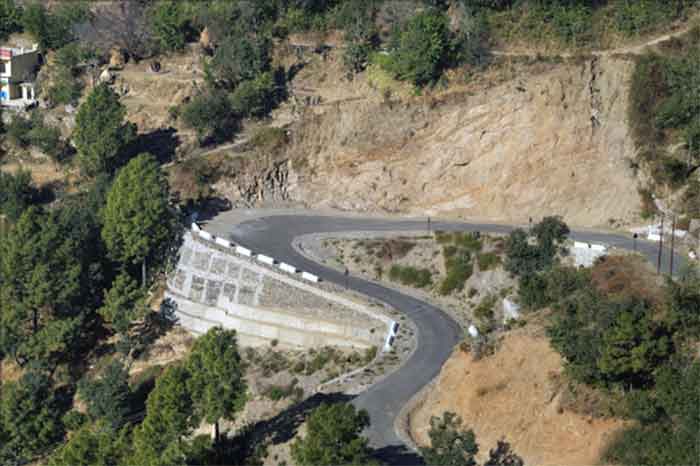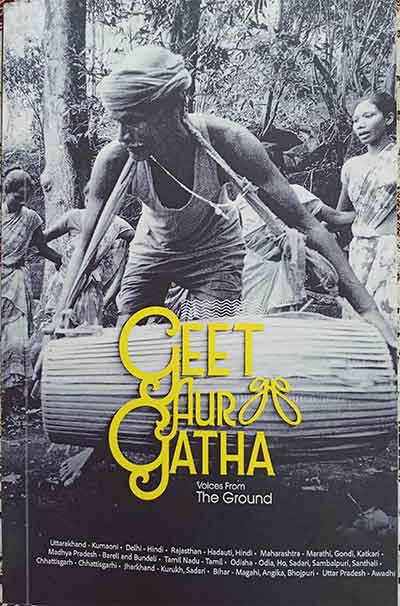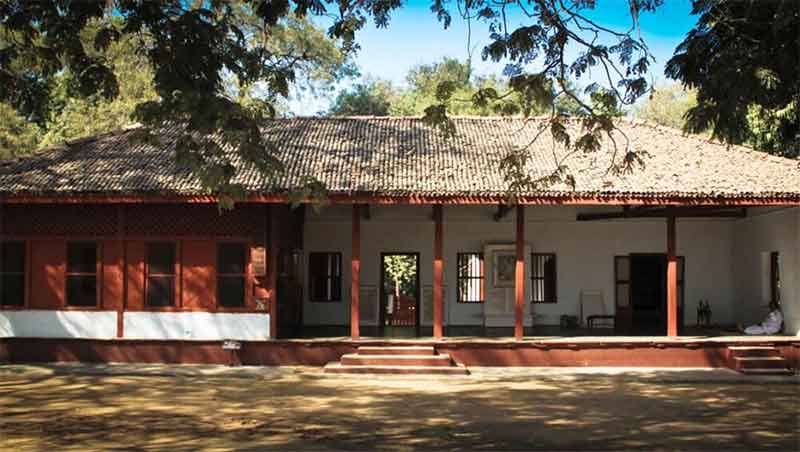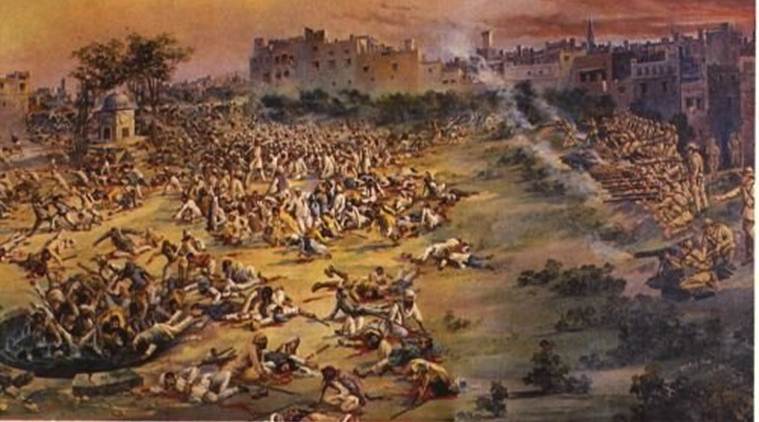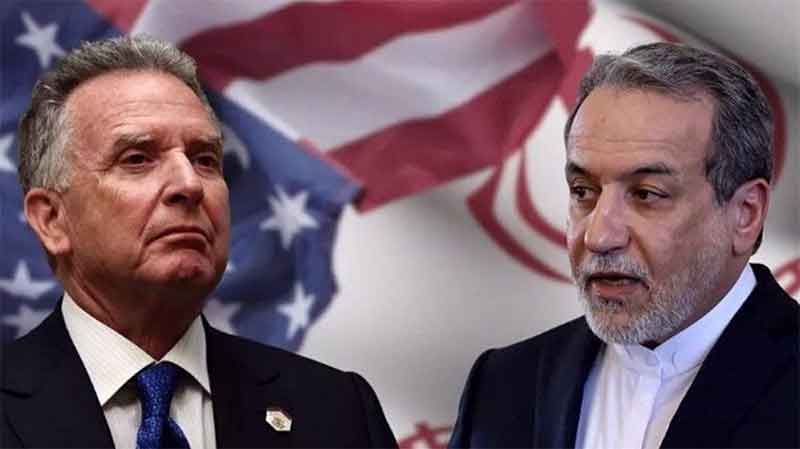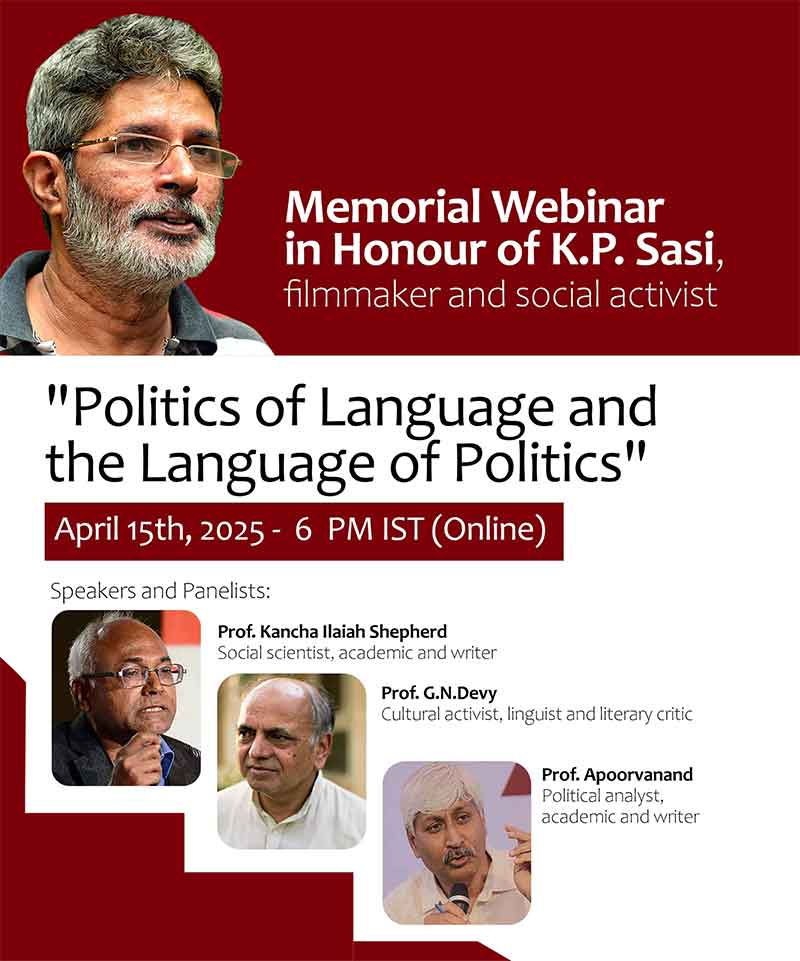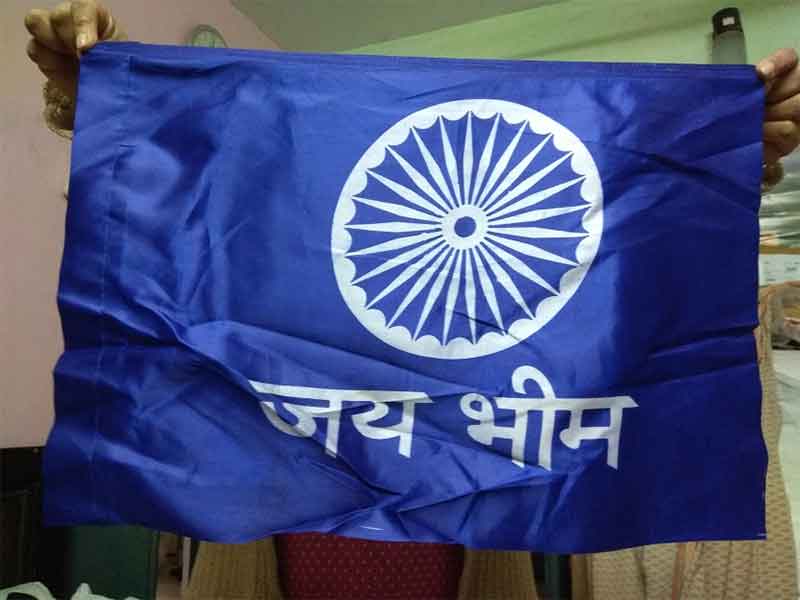
Abstract:
In contemporary India, the symbolic commemoration of Dr. Bhimrao Ramji Ambedkar’s birthday by marginalized groups, particularly Dalits, Adivasis, Muslims, and other backward sections, transcends mere ritualistic observance. It manifests a deep-seated assertion of dignity, identity, and a quest for justice in a socio-political milieu marked by rising majoritarianism, inequality, and the erosion of constitutional promises. This article attempts a structured and critical exploration of why Ambedkar remains a pivotal figure for the oppressed and how his idea of justice, minority rights, and state socialism offers a robust framework for evaluating contemporary India’s democracy.
Introduction
The celebration of Ambedkar Jayanti on April 14 each year is not merely a festival but a political act. It is the reassertion of an unfinished revolution, the invocation of an intellectual who crafted India’s most progressive charter of rights and relentlessly advocated for the annihilation of caste, economic justice, and minority protection. For India’s marginalized groups, particularly Dalits and Muslims, Ambedkar represents not just the past but also the future—a future grounded in justice, equality, and fraternity. Ambedkar’s enduring legacy lies in the moral architecture of the Indian Constitution, yet his radical democratic vision remains unrealized. As India veers toward what scholars have termed “competitive authoritarianism” or “ethnic democracy”, the resurgence of interest in Ambedkar is both symptomatic and necessary.
The Political Symbolism of Commemoration
Babasaheb Ambedkar’s birthday is celebrated to honour his immense contributions and reassert his political presence and historical agency. Among historically oppressed communities, such commemorations serve as counter-hegemonic acts. In the face of ongoing socio-political marginalization, these celebrations emerge as ‘acts of resistance’—wherein statues, processions, songs, and gatherings challenge the epistemic erasure enforced by caste-Hindu nationalism. For instance, the erection of Ambedkar’s statues in public spaces, the singing of his songs that advocate for equality, and the gathering of people to discuss his ideas are all acts of resistance.
As the author has previously argued, “Dr. Ambedkar is not a Dalit leader; he is a mass leader, a philosopher of the oppressed” (Alam, 2020). This view underscores how Ambedkar’s legacy transcends identity politics to become a unifying force among all subjugated sections of society. His birthday, therefore, offers an opportunity for these groups to reclaim public spaces and reaffirm the constitutional ideals—liberty, equality, and fraternity—that are increasingly under threat in contemporary India.
Ambedkar’s Conception of Justice: A Radical Departure
Ambedkar envisioned justice not merely in legal terms but as a comprehensive societal arrangement ensuring the dignity of all. His philosophy, often aligned with John Rawls’ idea of “justice as fairness”, sought to undo entrenched inequalities through affirmative action, political safeguards, and socio-economic redistribution.
In Ambedkar’s lexicon, justice was predicated on liberty, equality, and fraternity. Without these, he contended, democracy would degenerate into a tyranny of the majority. His sharp critique of Hinduism, especially its caste-based rigidity, led him to argue that Hindu Raj would be the greatest calamity for India. In today’s India—where Muslims are lynched in the name of cow protection and Dalits are subjected to everyday humiliation—his warnings ring prescient.
Muslims and Ambedkar: A Shared Struggle for Recognition
Muslims in contemporary India face a peculiar paradox. Constitutionally safeguarded as a religious minority, their socio-economic indices trail behind even Scheduled Castes in many areas. The Sachar Committee Report is a government-appointed committee to study the socio-economic conditions of Muslims in India, and various academic studies reveal that Muslims fare worse in terms of education, employment, and access to state services. Ambedkar’s relevance to Muslims is profound. While he did not romanticize any religion, he acknowledged Islam as a possible emancipatory route for Dalits before ultimately choosing Buddhism. His insistence on group-based rights for minorities and his critique of ‘majoritarian communalism’ offer valuable insights into the current marginalization of Muslims. In the Hindutva regime’s reductionist narrative—where Muslims are either terrorists, appeased, or second-class citizens—Ambedkar’s inclusive nationalism provides an ethical alternative. As Manjur Ali elaborates, Ambedkar was clear that treating inequality equally is wrong and called for preferential treatment to bridge structural gaps.
Constitutional Safeguards and the Idea of Minority Rights
Ambedkar’s interventions before the Southborough Committee (1919), his articulation of separate electorates, and later his role in the Constituent Assembly reveal his deep commitment to minority rights. He warned that without adequate checks, democracy could easily degenerate into a tool of majority domination. He proposed concrete mechanisms: the appointment of a Superintendent for Minority Affairs, the prohibition of social boycotts, and special legal protections against communal tyranny. Although diluted post-independence, these mechanisms still inspire constitutional debates today. The rollback of scholarships for minorities, the marginalization of the Sachar Committee findings, and the dismantling of secular institutions reflect an inversion of Ambedkarite democracy. Marginalized groups, in celebrating his birthday, remind the Indian state of its constitutional compact. They also highlight the urgent need for inclusive policies that uphold the rights and dignity of all citizens, regardless of their social or economic status.
Ambedkar and Economic Democracy
While India’s post-liberalization period witnessed GDP growth and increased billionaires, economic inequality has worsened. Ambedkar critiqued capitalism for its exploitative character and proposed “State Socialism” as outlined in his document State and Minorities. He envisioned a state ensuring land redistribution, public sector dominance in industries, and employment rights. His advocacy for economic democracy—long before it became fashionable—aimed to align political democracy with social and economic justice.
Marginalized communities, often excluded from the market-based growth story, see a roadmap for dignified development in Ambedkar’s vision. The increasing wealth gap, rural distress, and communal polarisation in welfare provisioning make his ideas relevant and necessary.
Ambedkar and the Crisis of Representation
Ambedkar demanded representation in political institutions and knowledge systems. He believed true empowerment would come when the oppressed wrote their history and shaped public policy. Unfortunately, Muslims and Dalits continue to be underrepresented in media, academia, and bureaucracy. This epistemic injustice further entrenches their marginality. As a corrective, Ambedkar Jayanti is often celebrated through seminars, book readings, and cultural festivals to amplify subaltern voices. The call to see justice through Ambedkar’s eyes is not rhetorical—it is an urgent intellectual project to democratize Indian democracy.
Conclusion: Ambedkar Jayanti as a Praxis of Hope
In sum, marginalized groups’ annual celebration of Ambedkar Jayanti asserts constitutional morality in an age of cultural majoritarianism and reminds us that the republic must not become a hollow shell. In reaffirming Dr. B.R. Ambedkar’s enduring legacy, it is imperative to recall his constitutional contributions and his fears regarding the dangers of a majoritarian polity and the persistent exclusion of minorities. His vision of social justice was grounded in inclusive policies aimed at dismantling hierarchical structures that perpetuate inequality. As scholars like Sukhadeo Thorat and Narendra Kumar have emphasized, Ambedkar’s framework for social inclusion remains a cornerstone for assessing the health of Indian democracy today. His warnings against the fusion of religious majoritarianism with state power and his advocacy for equitable representation resonate powerfully in our contemporary moment. Thus, Ambedkar Jayanti, far from being a symbolic gesture, continues to be a conscious act of reclaiming the republic by those for whom the promise of justice remains unfulfilled.
Ambedkar’s ideas offer a critique of contemporary injustices and a vision for structural transformation. As India battles rising communalism, caste atrocities, and economic inequality, the ideals of justice, equality, and fraternity must guide public discourse. Thus, the celebration of Ambedkar’s birth is not a static event but a dynamic, collective journey toward a just India.
Marginalized groups celebrate his birthday not as nostalgia but as an act of resistance—and hope.
References
- Manjur Ali (2023). Ambedkar’s Idea of Minority Rights in a Democracy. Journal of Social Inclusion Studies. Retrieved from https://journals.sagepub.com/doi/full/10.1177/23944811231166131
- MD Tabrez Alam (2020). Babasaheb Ambedkar’s Relevance to Indian Muslims. Countercurrents.org, April 16. Retrieved from https://countercurrents.org/2020/04/babasaheb-ambedkar-relevance-to-the-indian-muslims/
- Forward Press (2017). Seeing Justice Through Ambedkar’s Eyes. August 4. Retrieved from https://www.forwardpress.in/2017/08/seeing-justice-through-ambedkars-eyes/
- PWOnlyIAS (n.d.). Dr. B.R. Ambedkar and the Upliftment of Marginalized Communities in India. Retrieved from https://pwonlyias.com/upsc-notes/dr-ambedkar-marginalized-communities/
- Anand Teltumbde (2018). Why Ambedkar Considered Islam the Religion of Choice for Dalits Before Opting for Buddhism, scroll.in, October 16. Retrieved from https://scroll.in/article/898332/why-ambedkar-considered-islam-the-religion-of-choice-for-dalits-before-opting-for-buddhism
- Sukhadeo Thorat & Narendra Kumar (n.d.). B.R. Ambedkar: Perspective on Social Exclusion and Inclusive Policies. Retrieved from https://www.bbau.ac.in/Docs/FoundationCourse/TM/MPDC405/Block-4%20Ambedkar%20on%20social%20justice-1.pdf
- S.N. Sahu (2022). Retrieved from https://www.newsclick.in/recalling-ambedkars-fears-majoritarian-polity-and-unequal-minorities
Dr. Md Tabrez Alam is a Technical Consultant at the Centre for Child Rights, National University of Study and Research in Law (NUSRL), Ranchi. He holds a PhD in Social Work from IIDS, New Delhi, an MPhil in Social Exclusion and Inclusive Policy from MANUU, Hyderabad, and a Master’s in Social Work from the Central University of Rajasthan. He is also a graduate of Social Work from Osmania University, Hyderabad. Dr. Tabrez has authored a book and published several research articles, including Scopus-indexed ones. Actively engaged in social development, he is a member of the Rising Tree Foundation and the co-founder of Social Works Collectives. His research focuses on Social Development, Segregation, Identity-based Discrimination, Evidence-based Policy Formulation, and Social Work Interventions.
He can be reached at [email protected] and tweets @ktabrezshams.


